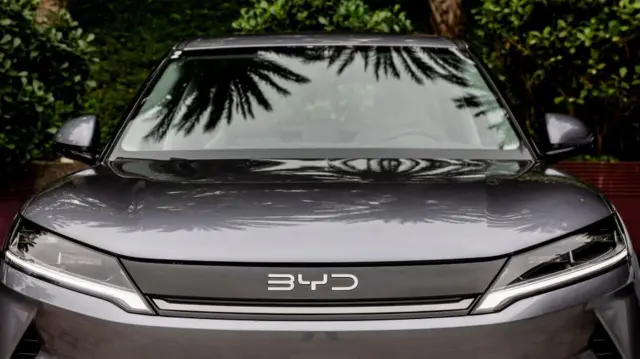Brazilian federal prosecutors have filed a lawsuit against Chinese electric vehicle giant BYD, accusing the automaker of violating labor rights at one of its factories in the northeastern state of Bahia. The legal move has triggered national attention, raising concerns about foreign investment, labor standards, and the working conditions behind the EV industry’s global growth.
What Are the Allegations?
According to the lawsuit, BYD is being charged with poor working conditions, long and excessive hours, and improper labor practices. Prosecutors allege that the company forced employees to work overtime beyond legal limits and failed to provide appropriate breaks or rest periods, directly violating Brazil’s labor laws.
Some reports also suggest that workers were not given adequate protective equipment, and that safety protocols were either ignored or loosely enforced. These claims paint a troubling picture for a company that has positioned itself as a clean, green leader in the electric vehicle movement.
BYD’s Response
BYD has denied the allegations. In a public statement, the company emphasized its commitment to complying with local labor laws and said it was cooperating fully with authorities. BYD also suggested that the accusations were either exaggerated or based on isolated incidents, not reflective of its overall operations in Brazil.
The company has been rapidly expanding in Brazil, especially in the Bahia region, where it’s developing new production facilities with support from local governments. The lawsuit could put a damper on those efforts if proven true.
Why This Lawsuit Matters
This isn’t just a legal issue—it’s a reputational one. For a global automaker like BYD, being sued for labor violations can harm its brand image, especially at a time when consumers and investors are placing more value on ethical sourcing and production.
For Brazil, the lawsuit highlights an ongoing struggle to balance foreign investment with labor protection. While the country welcomes manufacturing jobs, it also faces pressure to ensure those jobs don’t come at the expense of workers’ rights.
What’s Next?
The court will now assess the evidence presented by federal prosecutors. If BYD is found guilty, it could face significant fines, legal mandates to change workplace practices, and even temporary halts in its operations.
This case could also prompt more scrutiny of other foreign companies operating in Brazil, especially those in fast-growing sectors like electric vehicles and green energy.
Final Thoughts
The lawsuit against BYD underscores the tension between economic development and ethical labor practices. While Brazil wants to attract top global companies, this case is a reminder that growth shouldn’t come at the cost of human dignity. It also puts the spotlight on the EV industry’s supply chain, pushing for more transparency—not just in carbon emissions but also in how companies treat their people.



